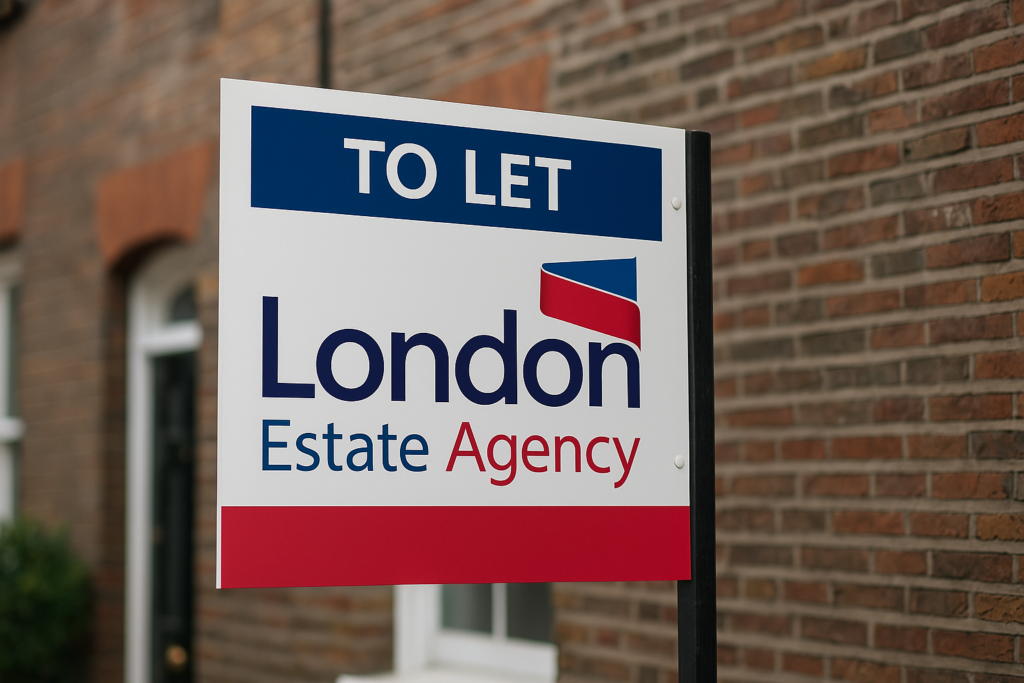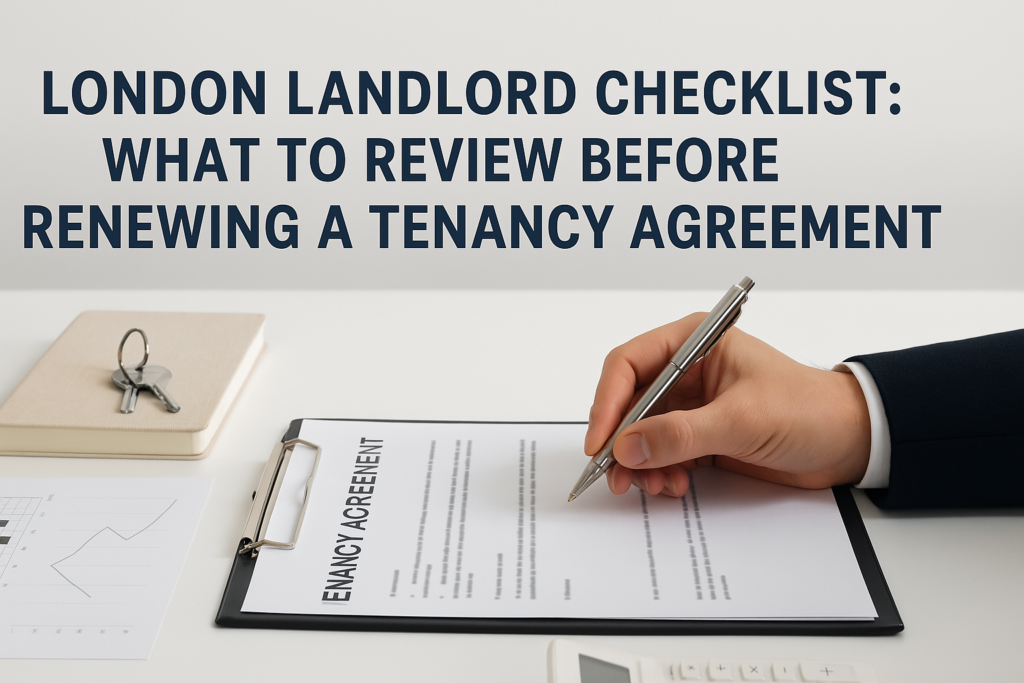As an estate agency dedicated to protecting landlords’ interests and helping them maximize rental returns legally and strategically, we understand the complexities of rent increases.
Many landlords unknowingly overlook critical elements that can cause tenant disputes, legal issues, or even void periods.
Here’s a comprehensive guide to ensure you raise rents effectively while maintaining compliance and tenant satisfaction.
Failing to Review Local Market Rent Trends
Before implementing a rent increase, it’s crucial to analyze current market conditions.
Many landlords make the mistake of applying arbitrary increases without benchmarking against similar properties in the area.
This can result in overpricing and driving tenants away.
Our expert team at London Estate Agency conducts comprehensive market rent reviews to ensure you set the right price that reflects market demand and property value, helping you retain quality tenants while boosting your income.
Not Issuing the Correct Notice Form
Under UK law, particularly for periodic tenancies, landlords must correctly serve a Section 13 Notice when proposing a rent increase.
Missing this step can render the increase invalid, exposing you to tenant disputes.
We take care of all legal compliance for you, ensuring that notices are issued correctly and within appropriate timeframes, safeguarding you from unnecessary legal risks.
Forgetting About the Timing of Rent Increases
Timing is everything. Raising rent mid-tenancy or without sufficient notice can severely damage landlord-tenant relationships. Rent adjustments should align with tenancy renewals.
Our tenant management services ensure smooth negotiations and proper communication with tenants, reducing the risk of tenancy terminations and maintaining occupancy rates.
Overlooking the Property’s Condition
Tenants expect that higher rents will correlate with improvements or consistent property maintenance.
If a property has deteriorated and you increase rent without addressing issues, tenants will feel justified in moving out.
Our property management and maintenance services proactively address repairs and refurbishments to keep your property attractive and justify any proposed rent increases.
Ignoring Tenant Sentiment and Relationship Management
Long-term tenants are valuable assets. Ignoring their concerns or failing to communicate rent increases transparently often leads to dissatisfaction and unnecessary turnover.
Through our tenant screening and management solutions, we build stronger landlord-tenant relationships.
We negotiate rent increases professionally to encourage renewals rather than departures.
Not Accounting for Rent Protection Needs
With rent increases, the stakes get higher. If tenants default on higher payments, your risk escalates.
We offer Tenant Screening and Rent Protection services to shield your rental income from defaults, ensuring your cash flow remains uninterrupted even after rent increases.
Forgetting About Energy Performance and Compliance Upgrades
Tenants today are increasingly conscious of energy efficiency. Moreover, EPC (Energy Performance Certificate) regulations are tightening in the UK.
Using our EPC services, you can upgrade your property’s energy efficiency, which justifies rent increases and ensures you remain legally compliant with new lettings legislation.
Failing to Plan for Potential Void Periods
Every rent increase carries a slight risk of tenants choosing to move out. Many landlords overlook the financial impact of a void period.
At London Estate Agency, we proactively minimize your exposure by marketing properties.
We connect you with our network of cash buyer investors and vetted tenants, ensuring faster re-letings and continuous income.
Frequently Asked Questions About Raising Rent
How much can a landlord legally increase the rent?
There’s no fixed limit, but the increase must be fair, realistic, and in line with the local market. A Section 13 notice must be properly served for periodic tenancies.
Do landlords have to justify a rent increase?
While not legally required to explain, providing a clear rationale, such as market comparables or property improvements, helps maintain tenant relationships and reduces disputes.
How often can landlords raise rent?
Rent can typically be increased once every 12 months for periodic tenancies. Rent changes must be specified in the tenancy agreement or renegotiated upon renewal for fixed-term tenancies.
What happens if a tenant refuses a rent increase?
If tenants reject a lawful increase, landlords can pursue a hearing with the First-tier Tribunal or serve notice to terminate the tenancy at the end of the fixed term.
Can a landlord raise rent during a fixed-term tenancy?
Only if the tenancy agreement includes a rent review clause, otherwise, landlords must wait until renewal.
What notice period must be given for a rent increase?
For weekly or monthly tenancies, at least one month’s notice must be given. For yearly tenancies, six months’ notice is required.
Is it better to increase rent gradually or in larger increments?
Tenants better receive gradual increases, which results in fewer voids and disputes.
Should landlords invest in upgrades before raising rent?
Yes. Energy efficiency, aesthetics, or functionality investments justify higher rents and improve tenant retention.
Why Landlords Trust London Estate Agency for Rent Reviews and Increases
We don’t just assist landlords; we protect your profits, ensure full legal compliance, and optimize your rental income with tailored strategies.
Our full-service agency offers:
- Section 13 compliance and rent notice management
- Comprehensive market rent reviews
- Property maintenance and EPC upgrades
- Tenant screening and rent protection
- Cash buyer investor marketing for quick turnarounds
Ready to increase your rental income without the headaches? Contact us today to ensure your rent increase is smooth, compliant, and profitable.





